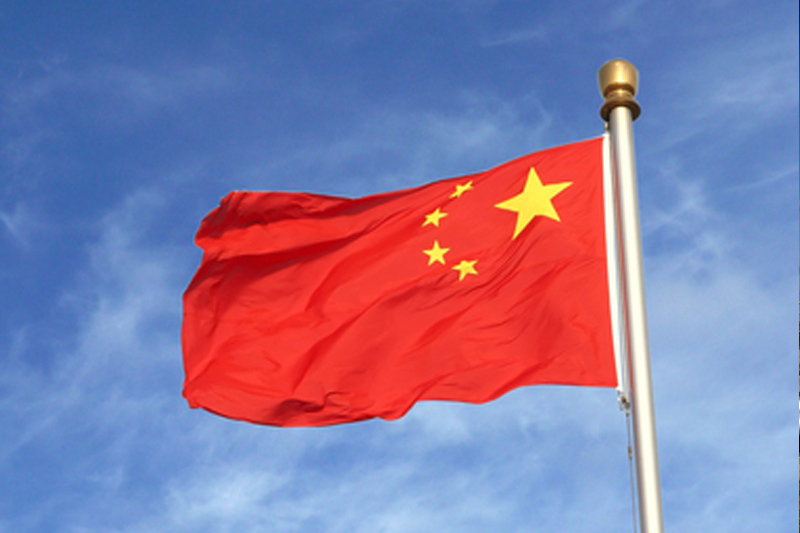By Matt Schiavenza - McKinsey & Company, the New York-based management consultancy, has a big operation in China: On its website, the company claims a staff of 350 consultants across its four greater China locations -- over 90 percent of whom speak fluent Mandarin. Thirty percent of McKinsey’s clients in China are comprised of state-owned enterprises, including in the crucial energy and banking sectors, and the consultancy touts itself as a “trusted advisor to the [greater China] region’s leading governments.”
It’s safe to say that China’s government doesn’t feel the same way. On Sunday, The Financial Times reported that China has asked state-owned enterprises to cut ties with several management consultancies, including McKinsey, out of concern that these firms are spying for the U.S. government. McKinsey declined to comment.
The strike against management consultancies is only the latest example of trouble facing American companies in China. Last week, Beijing prohibited government computers from using Windows 8, Microsoft’s latest operating system, to protest Microsoft’s decision to remove technological support for a previous version. Beijing also on Tuesday accused Cisco, a network equipment manufacturer, for colluding with the US government and military to commit espionage against China.
The timing of these allegations isn’t a mystery: Last week, the U.S. Department of Justice indicted five Chinese officials for cyber-espionage, a charge that angered China. Beijing has argued that Washington is the country that's conducting spy operations--and that the Edward Snowden revelations prove it.
Why have management consultancies -- famous for, among other things, helping prepare companies for IPOs -- become the latest casualty of Beijing’s anti-spying push? The reason appears to have less to do with national security than with China’s attempt to promote domestic enterprise. One beneficiary may be Huawei, the Chinese telecommunications giant which withdrew from the American market after parts of the US government raised their own security concerns. According to Quartz, Huawei is able to provide the same IT advising services as American firms like McKinsey.
Despite the still-thriving trade relationship between the world’s two largest economies, China’s retaliatory push against American companies send a chilling message to multinational firms seeking to make big investments in the country.

It also may be illegal. In a WTO Working Body report, culled by George Washington University law professor Donald Clarke, government purchasing decisions are meant to be based solely on commercial considerations. But the cold logic of international relations supersedes this, Clarke notes:
“There is absolutely zero chance that any government would put WTO rules above its own conception of its security needs.”
It’s important to note that McKinsey -- whose research analysts authored the definitive recent study on Chinese demographic trends -- and its competitors won’t have to leave China entirely: The government directive refers only to state-owned enterprises, which together account for less than half of Chinese economic activity.
But even if the effect of Beijing’s directive is more symbolic, tension between China and the United States seems unlikely to go away soon. And that, as The Atlantic’s James Fallows writes, is “not good for anyone.”
